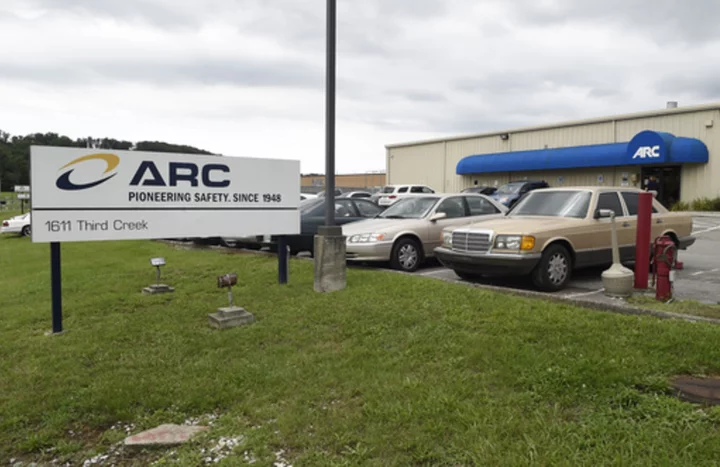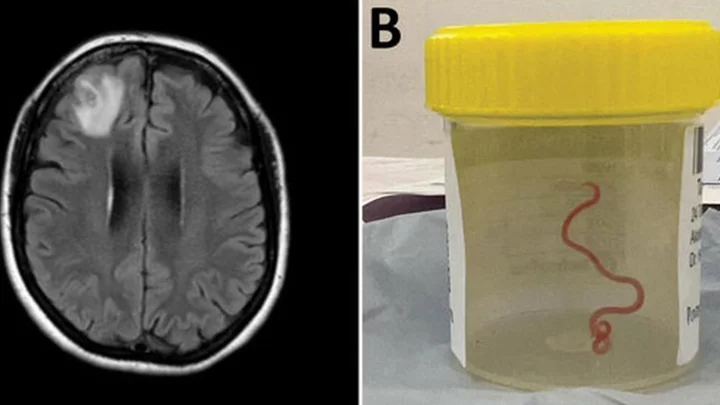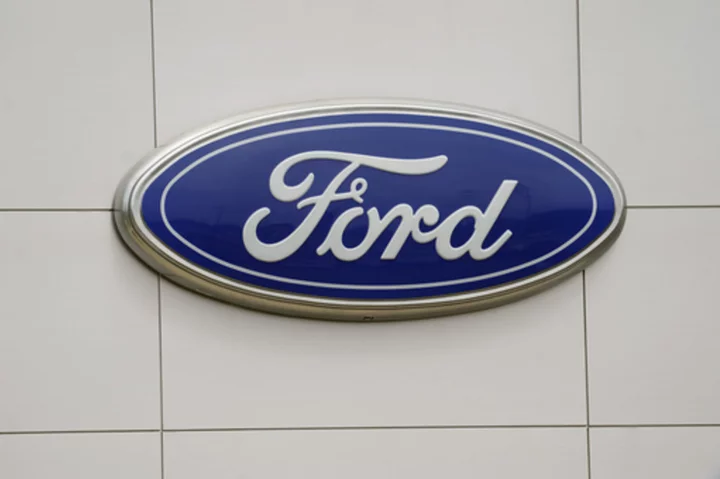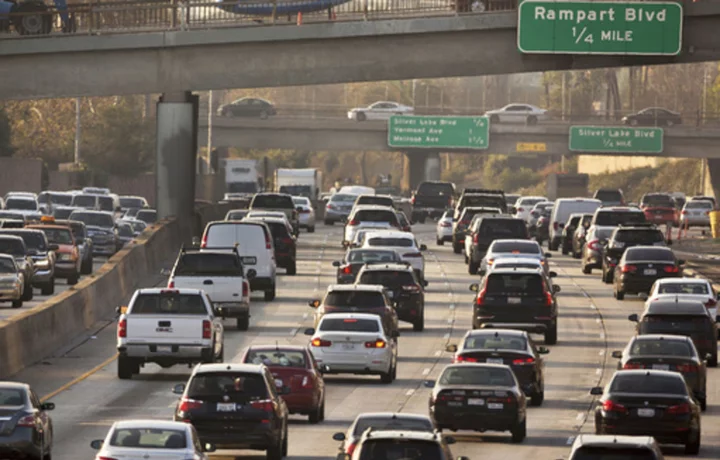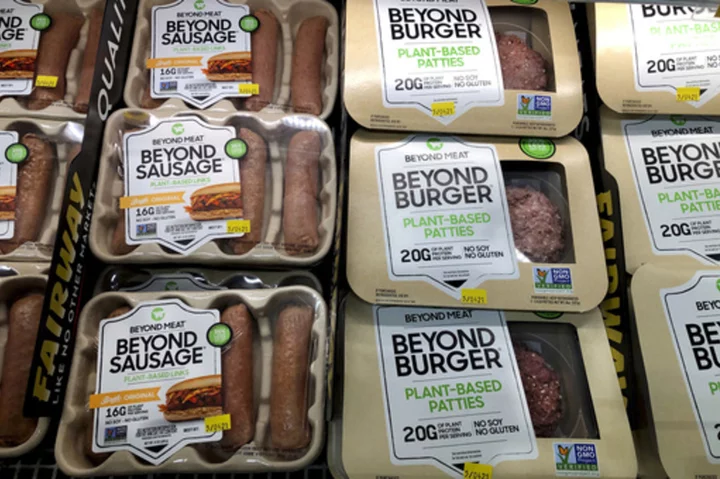DETROIT (AP) — A company that makes air-bag inflators that have exploded in eight incidents involving two deaths and seven injuries argued Tuesday that it can't say for sure whether its inflators might cause further such incidents.
In a reply to the National Highway Traffic Safety Administration, the company, ARC Automotive of Knoxville, Tennessee, said that even adhering to industry quality standards cannot fully eliminate the risk of occasional failures in which the air-bag inflators might explode and spew shrapnel.
NHTSA has demanded that ARC recall 67 million inflators in driver and passenger front air bags from at least a dozen automakers. Neither ARC nor the auto industry has released a full list of vehicle models with the kind of air bag inflators that have exploded. But at least 33 million vehicles on the road are believed to contain them.
ARC has refused to issue a full-scale recall, setting the stage for a possible court fight. The company maintains that no safety defect exists, that NHTSA’s demand is based on a hypothesis rather than technical conclusions and that the agency has no authority to order a parts manufacturer to announce recalls.
“Even with appropriate industry standards and efforts by manufacturers to minimize the risks of failures, the manufacturing processes may not completely eliminate the risk of occasional or isolated failures,” ARC wrote in its reply.
The company further argued that the federal motor vehicle safety act “does not require vehicles and equipment to never experience a failure in the field. Rather the Safety Act seeks to protect the public against unreasonable risks.”
In response to another question, ARC acknowledged that it hasn't notified any customers that its inflators are expected to occasionally explode. But it said that during NHTSA's eight-year investigation into the inflators, air bag makers, automakers and the government have been informed of any unexplained inflator ruptures on the roads.
“The risk of manufacturing anomalies cannot be completely ruled out in any mass production process,” ARC wrote.
It is unclear what might happen next. Having tentatively determined that the inflators are defective, NHTSA could issue a final conclusion, then schedule a public hearing on the matter. After that, the agency could take ARC to court to force a recall.

